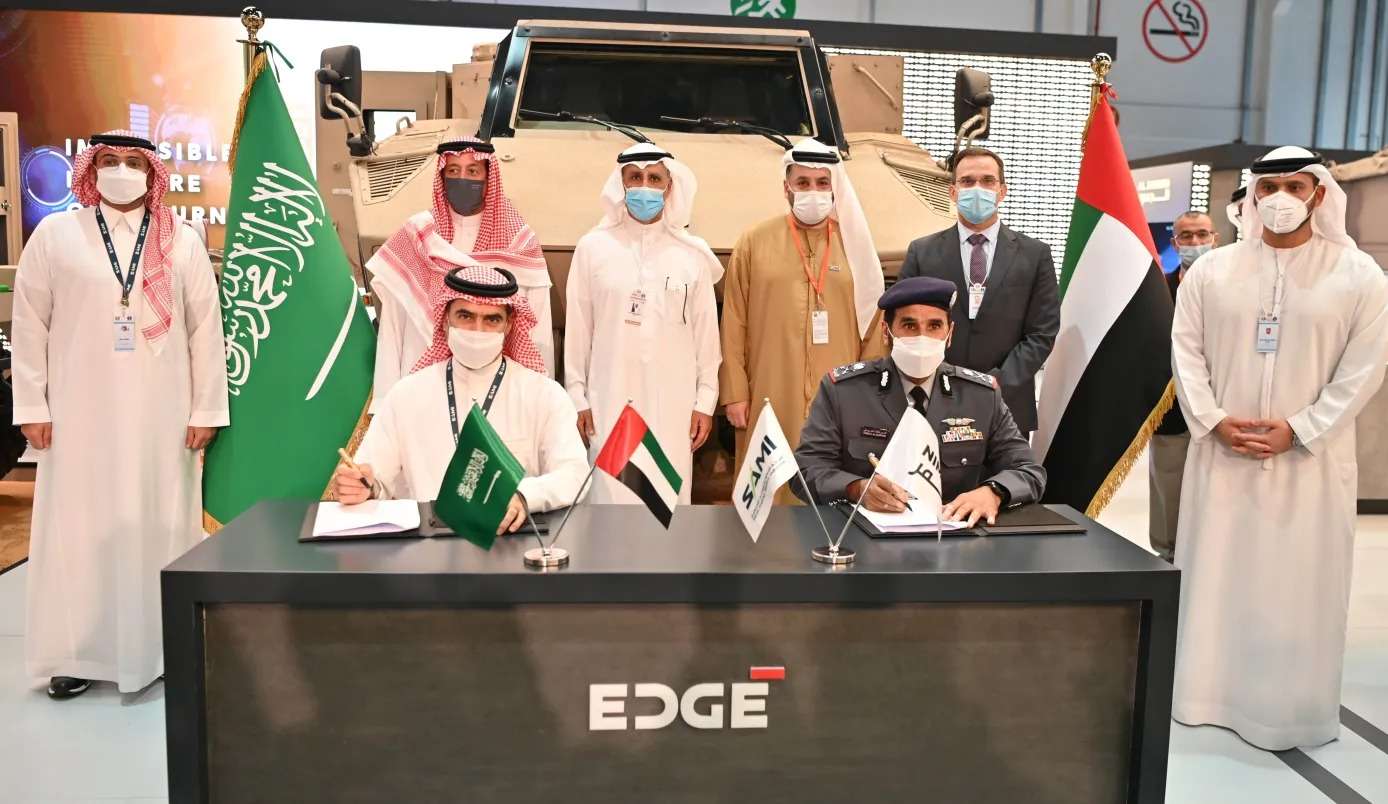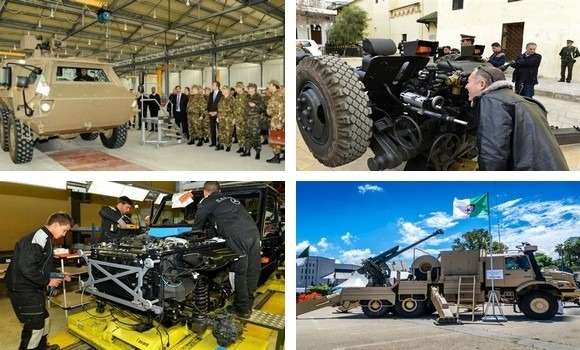
In recent years, Middle Eastern countries have been transitioning from being importers of arms to becoming more independent with a considerable national arms industry.
Iran, Turkey, and Pakistan have been at the forefront of this movement, followed by the UAE and Saudi Arabia, with Egypt and Indonesia following engaged to follow the same way.
Currently, these countries collectively possess no less than 15% of the top arms industries, with around 1,500 companies and over 1.5 million employees. Turkey alone has near ten prominent companies, including ASELSAN, TAI, BMC, Roketsan, DTET, FNSS, and Havelsan, which are ranked among the top 100 in the industry.
However, it is important to note that we should look beyond just financial success. Revenue alone is not the sole indicator of these companies’ significance. For instance, Iran has around 300 companies, an estimated 400,000 employees, but does not rank among the top global industries in any list.
Interestingly, only Iranian drone enterprises have more employees and produce more than many Western countries, but they operate on the margins of the global markets. Companies like Qods Aviation Industry Company, IAMCO, and Shahed Aviation Industries excel in the drone market, even with foreign production lines.
The Iranian arms industry as a whole is focused on supplying allies rather than gaining a larger international market share. Saudi companies such as Scopa and Sami already rank within the top 120 defense companies worldwide and are likely to be among the top 50 in the next 10 years.

At a more advanced level, we have EDGE in the UAE; Pakistan’s Ordnance Factories (POF) and Pakistan Aeronautical Complex (PAC), also ranked among the top global industries and together supplying more than 40 countries.
Partnerships with Turkish, French, and Pakistani companies, along with technology transfers, have the potential to accelerate the arms industry in Indonesia and Egypt, which have employed around 200,000 people in their arm industries during recent years.

While Algeria has established important tech transfers with China and Russia, it still lags behind other Muslim countries, despite recent investments in modern ammunition factories.
The fact is that prosperous arm consumers, who once relied on buying Western weapons with their oil wealth, are now developing their own heavy arms industries.
We can expect Saudi Arabia and the UAE to begin testing domestically produced ballistic missiles in less than five years, and Turkey to announce its own anti-air defense system within the next three years. These are just a few examples of the future developments we can anticipate from these countries.
Undoubtedly, recent events in Israel and Gaza have further propelled these countries to invest in their own arms industries. The truth is that we are on the path towards a multi-armed and highly militar self-sufficient world, with multiple players in the arms industry.
Another factor are The development and modernization of research centers in these countries play a crucial role in their progression towards self-sufficiency in the arms industry. These research centers serve as hubs for knowledge and innovation, enabling the acquisition and advancement of technology. As developed countries engage in arm market competition and transfer technology, these countries are being fueled from the knowledge exchange.

Be the first to comment